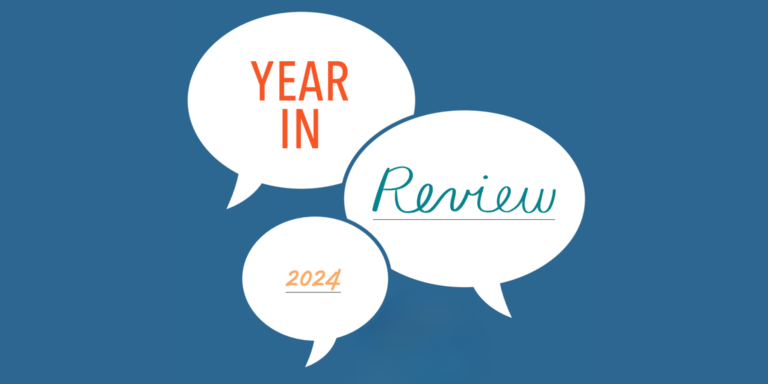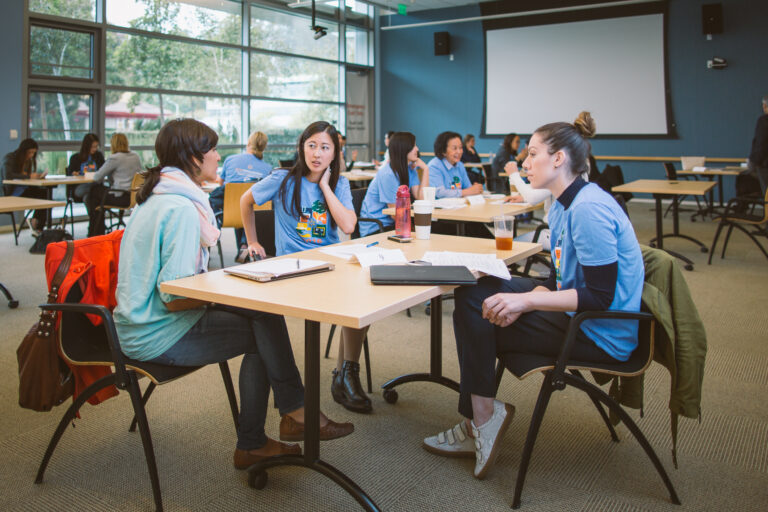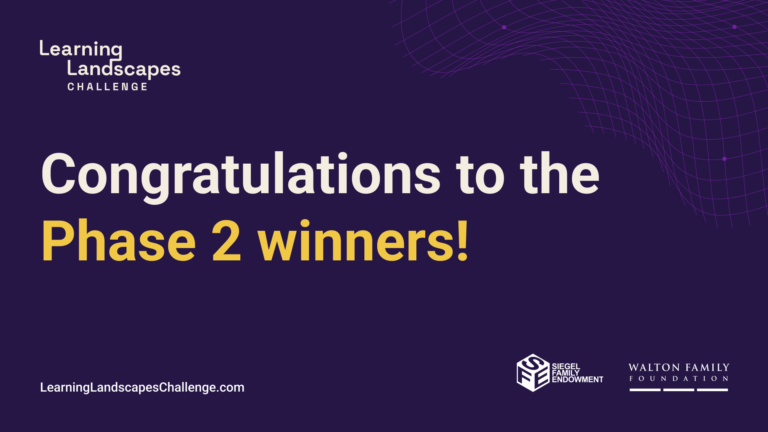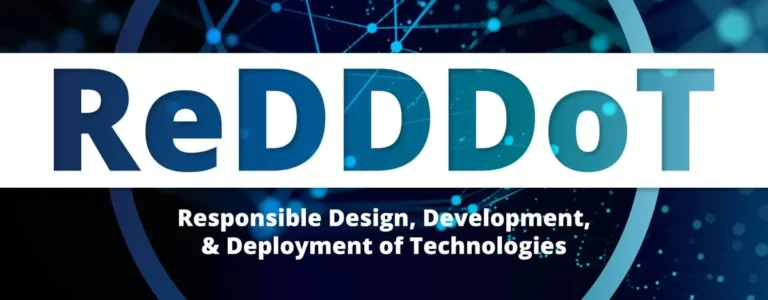Siegel Family Endowment’s Executive Director Katy Knight recently participated in a panel discussion hosted by the Commonwealth Club of California to shed light on SFE’s commitment to expanding opportunity in rural America, and the nationwide implications and ripple effects of ensuring rural economic health and opportunity.
Panelists included Matt Dunne, Founder and Executive Director of the Center on Rural Innovation, United States Representative Ro Khanna (CA-17), and moderator Ray Suarez. Together, the panelists represented positions from across the non-profit, philanthropic, and government sectors, and surfaced a diverse range of ideas and actions for improving the strength, competitiveness, and resilience of America’s rural communities. Drawing representation from such a diverse range of backgrounds and leadership roles resulted in a number of especially thought-provoking and ambitious perspectives on collaboration, as well as strategies for directing federal resources, expanding access to broadband internet and the innovation economy, and closing the opportunity gap for communities in areas far beyond the nation’s traditional innovation hubs.
Watch the full discussion and explore highlights from the conversation below:
Cultivating rural opportunity is a matter of both global competitiveness and national equity [3:00]: US Representative Ro Khanna, whose district covers much of Silicon Valley, sees expanding economic opportunity across all parts of rural America as a critical tool to enhancing the country’s ability to compete globally. Leveraging the power and strength of communities of all sizes is critical to ensuring the nation’s overall economic strength, and delivering on the promise of economic inclusion for all Americans, regardless of where they live.
Philanthropy, as a field, needs to be focused on creating conditions for growth and access to the innovation economy in all parts of the country [8:15]: Katy Knight described the ways in which philanthropy (which Siegel Family Endowment’s leadership sees as society’s risk capital) is uniquely positioned to make big investments in longshot ideas, like priming communities beyond the coasts for economic growth and inclusion in the innovation economy. “If we want to compete globally as a country, we need to be thinking about how we can increase economic prosperity across the board – not just in a few places, and not just in a few communities,” said Knight.
Technology and innovation can be applied in more ways and contexts than we think [11:00]: New tech innovation is a lot more than developing the next digital juggernaut, like Uber or Google: it can be a force multiplier for existing industries and contexts, too. All of the panelists cited opportunities for tech innovation that already exist in most parts of rural America in fields like agriculture and energy, and described technology’s potential to enhance productivity and grow output through wider overall access to the tech-enabled infrastructure that all areas of the American economy are increasingly reliant on.
“Context is key” when it comes to conscientious investment strategies [33:45]: Katy Knight stressed the urgent need for outside actors from government, philanthropy, and nonprofits to engage with local talent and priorities instead of deploying top-down decision making practices. Recognizing the highly differentiated and unique strengths of so many communities in different rural contexts is critical to maximizing innovation and success. “If all we do is bring the same jobs and opportunities to new places, we won’t have achieved the full potential that we could have if we’d invested in the people that are already there and the ideas that they have,” said Knight. It’s these communities that make rural America strong in the first place, and playing to their individual strengths is the most effective way to make an impact.
The need for investment in rural America has never been more urgent – or more primed for success [59:00]: Matt Dunne of the Center on Rural Innovation described this moment in history as uncommonly well-positioned to deliver on the promise of innovation and inclusion for rural America. More and more people are starting to prioritize diversity, equity, and inclusion, and expanding their thinking around what that means for different kinds of communities across the country – and with that, there’s an increased opportunity to bridge divides and create unity behind common goals.





